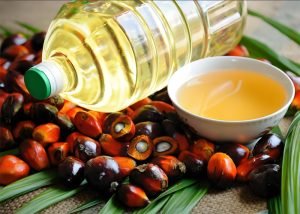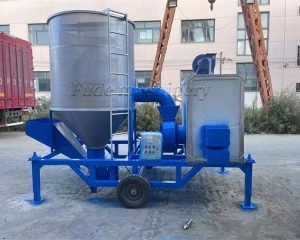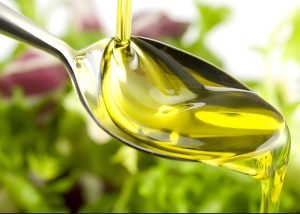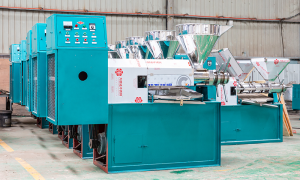How Can We Ensure High Quality and Safe Peanut Oil?
Peanut oil, a commonly used cooking oil in daily life, is beloved by consumers for its distinctive flavor and rich nutritional value. It is abundant in unsaturated fatty acids, vitamin E, and other nutrients, making it beneficial for overall health.
High quality, safe peanut oil needs good peanuts, proper processing, reliable equipment, and strict testing. We help with the right machines and knowledge.

Making great peanut oil takes careful steps. Let’s look at the key parts of the process.
Raw Material Selection Is The First Step?
Bad peanuts make bad oil. You need the best start. We know raw materials are key.
Start with high quality, dry, mold-free peanuts. Check for aflatoxins and damage. This first step is very important for safety.
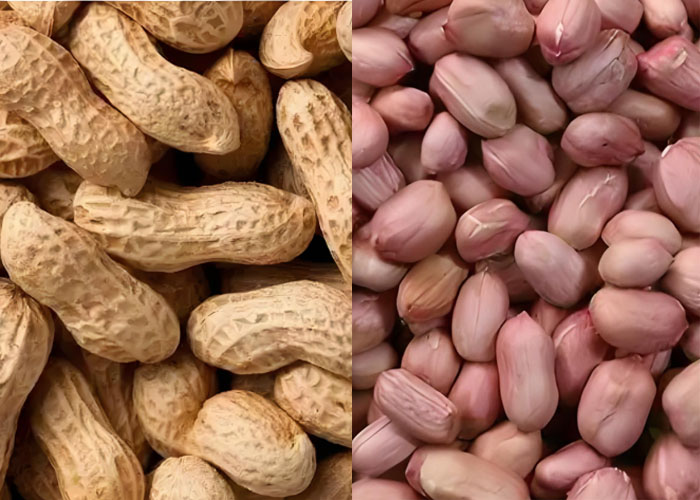
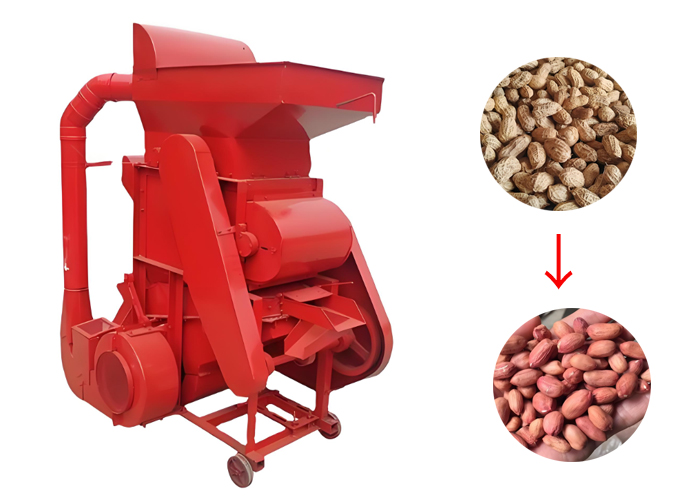
Peanuts are the base for your oil. Their condition directly affects the final oil’s quality and safety. You must be very careful when you choose them.
Why Raw Materials Matter
Bad peanuts can have harmful things. Aflatoxins are a big problem. These come from mold. They are very bad for health. The peanuts also affect the oil taste and smell. Good peanuts give good flavor. Wet peanuts spoil fast. Damaged peanuts can bring dirt.
How to Select Peanuts
Look at the peanuts closely. Are they clean? Do you see mold? Are they broken? Remove any bad ones. Check how dry they are. Moisture should be low, maybe below 9%. This stops mold growth. You should also test for aflatoxins. Labs can do this. Only use peanuts with very low or no aflatoxin. We can guide you on these checks.
Raw Material Pre-treatment
After selecting, clean the peanuts well. Use machines to remove dirt and stones. Our screening machines are good for this. Then, you might shell them. Our shellers work fast. Some processes need the peanuts cooked or steamed. We have equipment like cookers and steamers. This prepares the peanuts for pressing. Proper pre-treatment improves oil yield and quality. It also makes the process smoother. Using the right pre-treatment equipment is important. It sets up the whole process for success. Our pre-treatment line helps customers handle raw materials efficiently.
Processing Methods Matter A Lot?
How you process affects everything. Wrong steps ruin the oil. We help you choose the right way.
Peanut oil is made by pressing or solvent extraction. Pressing uses machines. Solvent extraction uses chemicals. Both need careful control for quality.

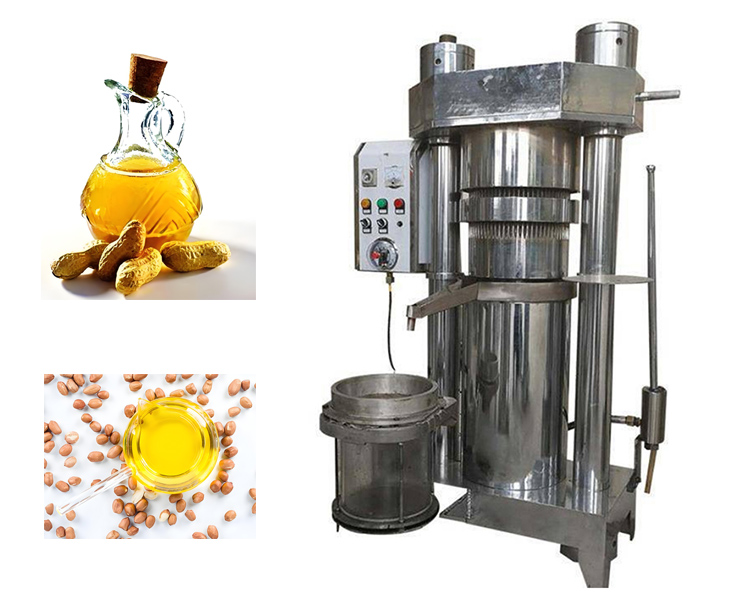
After you select good peanuts, the next step is processing. The method you use changes the oil. There are main ways to get oil from peanuts.
Pressing Method
Mechanical pressing is common. You use pressure to squeeze oil out. Single screw presses and double screw presses work like this. We make many types. Hydraulic presses also use pressure. This method gives natural oil. It does not use harsh chemicals. The peanuts are often cooked or steamed before pressing. This helps get more oil out. Our cookers and steamers heat the peanuts just right. Then the presses squeeze the oil. The oil yield depends on the press quality. Our presses have optimized screws. This helps get more oil. The pressing temperature matters too. Cold press uses low heat. Hot press uses more heat. Different temperatures give different oil. Hot pressing gives more oil. Cold pressing keeps more flavor and nutrients. Our machines can control temperature. This gives you control over your oil.
Refining Method
Crude oil from pressing has impurities. It has gums, acids, and color. It might not smell or taste perfect. Refining removes these things. There are several steps in refining. Degumming removes gums. Deacidification removes acids. Decolorization removes color. Deodorization removes bad smells. We have equipment for all these steps. We offer small batch systems. We also have large continuous refining lines. Refining makes the oil clear. It makes it taste better. It makes it safer. It helps the oil last longer on the shelf. Using the right refining process is key. Our refining machines are designed for efficiency. They help you get high grade edible oil. Different oils need different refining. We can build refining lines for your specific needs.
Filtration
After pressing and sometimes before or after refining, oil needs filtering. Crude oil has solid bits. Filters remove these. This makes the oil clear. It improves its look. It helps in the refining process. We offer filter presses and other filtering equipment. Good filtration is a simple but important step for quality.
What About Equipment Quality Itself?
Your equipment is your factory heart. Bad machines cause problems. We build reliable machines.
Good oil needs good machines. Equipment must be durable, efficient, and clean. Regular maintenance keeps it working well and producing safe oil.
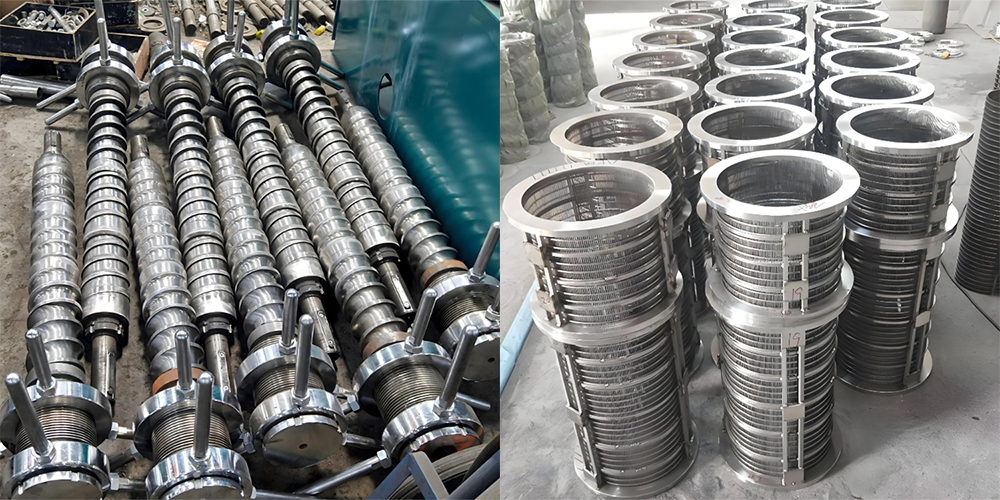
The machines you use are very important. They touch the oil. They create the oil. Poor equipment can add bad things to the oil. It can break down often. This stops your work. It costs you money. Good equipment runs smoothly. It makes good oil consistently.
Equipment Design and Material
The material of the machines matters. Parts that touch the oil should be safe. Food-grade stainless steel is often best. It does not react with oil. It is easy to clean. Machine parts need to be strong. Pressing puts a lot of stress on parts. Our screw presses use strong, treated steel. This makes the screws last longer. The machine design should allow easy cleaning. Dirt and old oil can build up. This can make the new oil bad. A simple design helps workers clean thoroughly.
Efficiency and Control
Good equipment works efficiently. It gets the most oil from the peanuts. Our screw presses are designed for high oil yield. The structure of the screw is key here. The machines should also control conditions. Temperature control is vital during pressing. Too high heat can damage the oil. Our machines have automatic temperature control. This helps keep oil quality steady. PLC control systems make machines easy to use. They help keep the process the same every time. This leads to consistent oil quality. Automated systems reduce human error. This improves safety and quality.
Maintenance and Hygiene
Keeping machines clean is not just for looks. It is for safety. Old oil left on parts can go rancid. It can grow bacteria. This will spoil new oil. You must clean regularly. Follow a cleaning plan. Maintenance is also critical. Machines wear out. Parts need checking and changing. A well-maintained machine works better. It is safer. We offer full service. This includes help with installation. We train your staff. We help with maintenance plans. This supports your long-term operation. It helps you keep making high-quality oil. We provide parts and technical support.
What About Testing and Standards?
How do you know your oil is good? You need to test it. Standards protect everyone.
Test peanut oil for quality factors like acidity, peroxide value, and flavor. Test for safety issues like aflatoxin and heavy metals. Follow national and international standards.
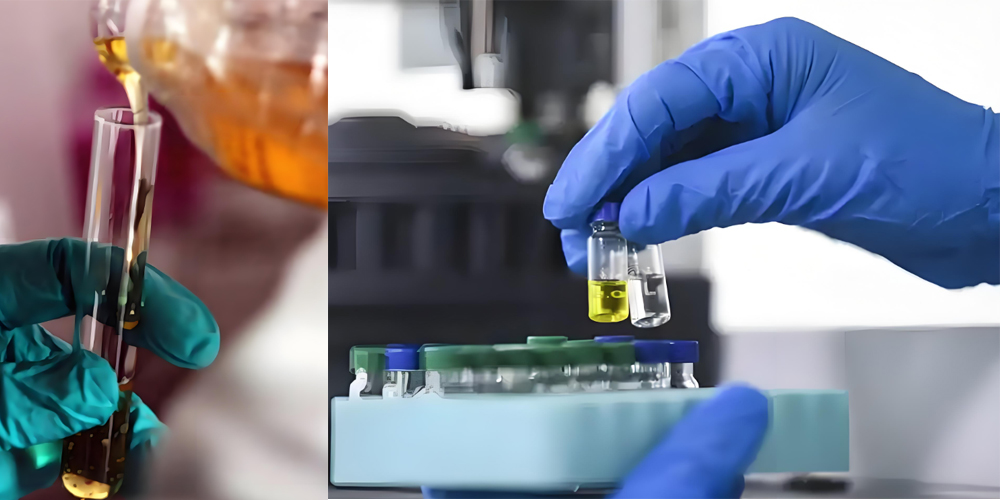
Testing is how you prove your oil is good and safe. You cannot guess about quality or safety. You must measure it. There are tests for quality and tests for safety. Both are very important.
Key Quality Tests
You should test the oil’s acidity. This is measured as Free Fatty Acids (FFA). High FFA means the oil is old or bad. It affects taste and shelf life. Test for peroxide value (PV). This measures how much the oil has oxidized. High PV means the oil is going rancid. The oil’s color, smell, and taste should be checked. These are sensory tests. Good peanut oil has a nice color and smell. We can advise on what these values should be. Different oil grades have different requirements.
Key Safety Tests
Safety tests are a must. Aflatoxin testing is critical for peanut oil. Peanuts can have aflatoxins. The oil must be below legal limits. Heavy metals can get into oil. They can come from the soil or old equipment. Test for these too. If you use solvent extraction, you must test for leftover solvents. The oil should have no harmful chemicals. These tests protect the people who use your oil.
Following Standards
Many countries have standards for edible oil. These standards tell you the limits for FFA, PV, aflatoxin, etc. You must follow the rules where you sell your oil. International standards also exist, like Codex Alimentarius. Getting certifications like ISO or HACCP shows you follow good practices. It builds trust with customers. You need a reliable lab to do these tests. Testing should happen regularly. You need to keep good records of all tests. This shows your commitment to quality and safety. Our equipment helps you produce oil that can meet these standards. But the testing is your final check. We can help you understand the testing needs for your market.
Making safe, quality peanut oil needs care from start to finish. Zhengzhou Fude Machinery provide the right equipment and help.
Related recommendations
-
How to build a small palm oil factory
629As one of the world's most widely consumed vegetable oils, palm oil's industrial chain spans multiple sectors including food processing, biofuels, and daily chemicals. Establishing an efficient and sustainable palm oil mill requires systematic pl...
View details -
What is the purpose of a grain dryer
464Grain dryers are not limited to the agricultural sector, but have also expanded to the industrial and commercial sectors.
View details -
How Does Olive Oil Come From a Small Fruit?
466Have you ever wondered how a small olive turns into smooth oil? It seems like magic. Getting oil from this fruit needs a special process. You get olive oil by crushing the olives into a paste. Then you mix the paste slowly. After that, you sepa...
View details -
What are the factors that affect the price of oil presses in 2024
854The factors that affect the price of oil presses are multifaceted, and together they determine the market price of oil presses. The following are some main influencing factors: Oil presses can be divided into two types according to their w...
View details
 Oil Press Equipment and Oil Refining Machinery for Sale – Start Your Oil Press Business
Oil Press Equipment and Oil Refining Machinery for Sale – Start Your Oil Press Business
